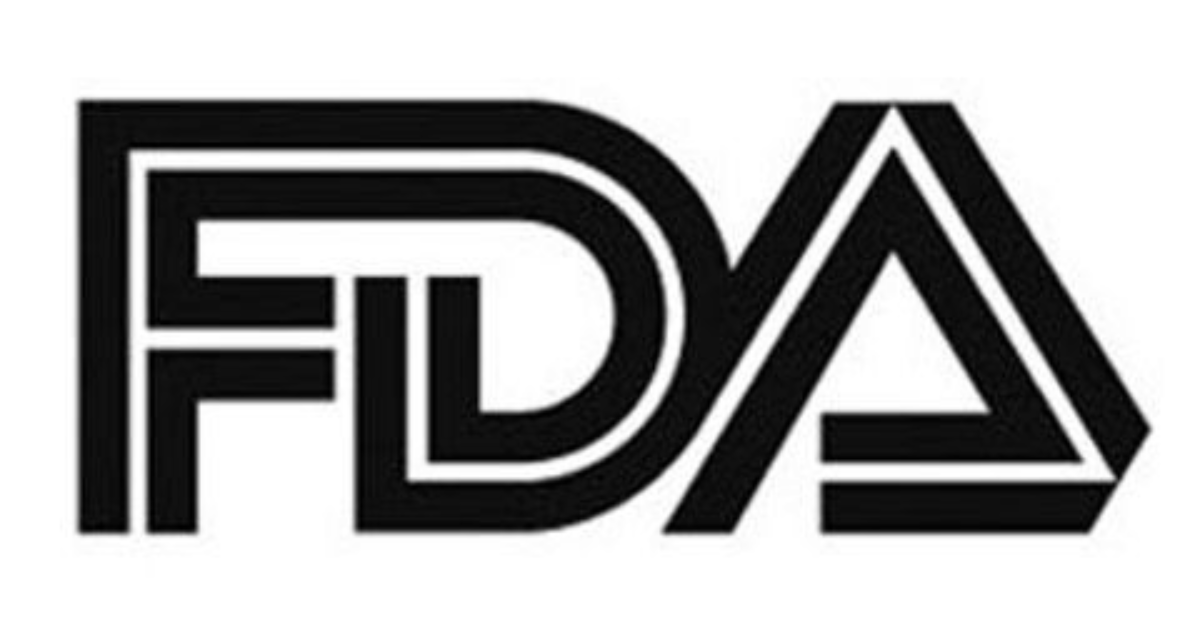- The FDA has accepted the supplemental new drug application (sNDA) for decitabine and cedazuridine (Inqovi) plus venetoclax (Venclexta) in newly diagnosed patients with acute myeloid leukemia (AML) ineligible for intensive chemotherapy.
- The phase 2b ASCERTAIN-V trial (NCT04975919) showed a 46.5% complete response (CR) rate and 15.5-month median overall survival (OS).
- This is the first potential all-oral regimen in this setting, with no new safety concerns reported.
The FDA has accepted the sNDA of decitabine and cedazuridine plus venetoclax for the treatment of patients with newly diagnosed AML who are ineligible for intensive induction chemotherapy.1
The sNDA is supported by data from the phase 2b ASCERTAIN-V trial, which evaluated decitabine/cedazuridine plus venetoclax in 101 adults with newly diagnosed AML who were deemed unfit for intensive therapy. The trial achieved its primary end point with a CR rate of 46.5% (95% CI, 36.5%-56.7%) and showed a CR or CR with incomplete hematologic recovery (CR + CRi) rate of 63.4% (95% CI, 53.2%-72.7%).
The median OS was 15.5 months, and at 12 months, the median duration of response (DOR) had not yet been reached. Importantly, over 75% of patients who achieved a CR remained in remission at 1 year.
“If approved for patients with AML who are not eligible to undergo intensive induction chemotherapy, [decitabine/cedazuridine] in combination with venetoclax would offer the first all-oral alternative to current therapies,” said Harold Keer, MD, PhD, chief medical officer of Taiho Oncology, in a press release.
White blood cells in leukemia – stock.adobe.com

Patients in the ASCERTAIN-V trial received decitabine/cedazuridine orally on days 1 through 5 of a 28-day cycle along with daily oral venetoclax, reflecting a regimen that could be administered in an outpatient setting. The median follow-up in the study was 11.2 months. These results were first presented at the 2025 American Society of Clinical Oncology (ASCO) Annual Meeting and further highlighted at the 2025 European Hematology Association (EHA) Congress.
The combination demonstrated a manageable safety profile with no new safety concerns. Grade 3 or higher adverse events (AEs) were reported in 98% of patients, consistent with expectations in this high-risk population. The most common AEs included febrile neutropenia (49.5%), anemia (38.6%), and neutropenia (35.6%). Early mortality was relatively low: deaths within 30 days of treatment initiation were observed in 3% of patients and 9.9% by 60 days, due to either AEs or disease progression. Importantly, no drug-drug interactions were observed between decitabine/cedazuridine and venetoclax.
Decitabine with cedazuridine is already FDA-approved for the treatment of myelodysplastic syndromes (MDS) and chronic myelomonocytic leukemia (CMML). It is the only oral hypomethylating agent approved for adults with intermediate- and high-risk MDS, offering convenience over traditional intravenous options such as decitabine or azacitidine.
The FDA has granted the sNDA application a standard review with a Prescription Drug User Fee Act action date of February 25, 2026. If approved, the regimen will offer oncologists a novel, simplified option to manage newly diagnosed patients with AML who cannot tolerate intensive treatment. As more data emerge and real-world application expands, decitabine and cedazuridine plus venetoclax could redefine frontline care for a population long underserved by existing regimens.
